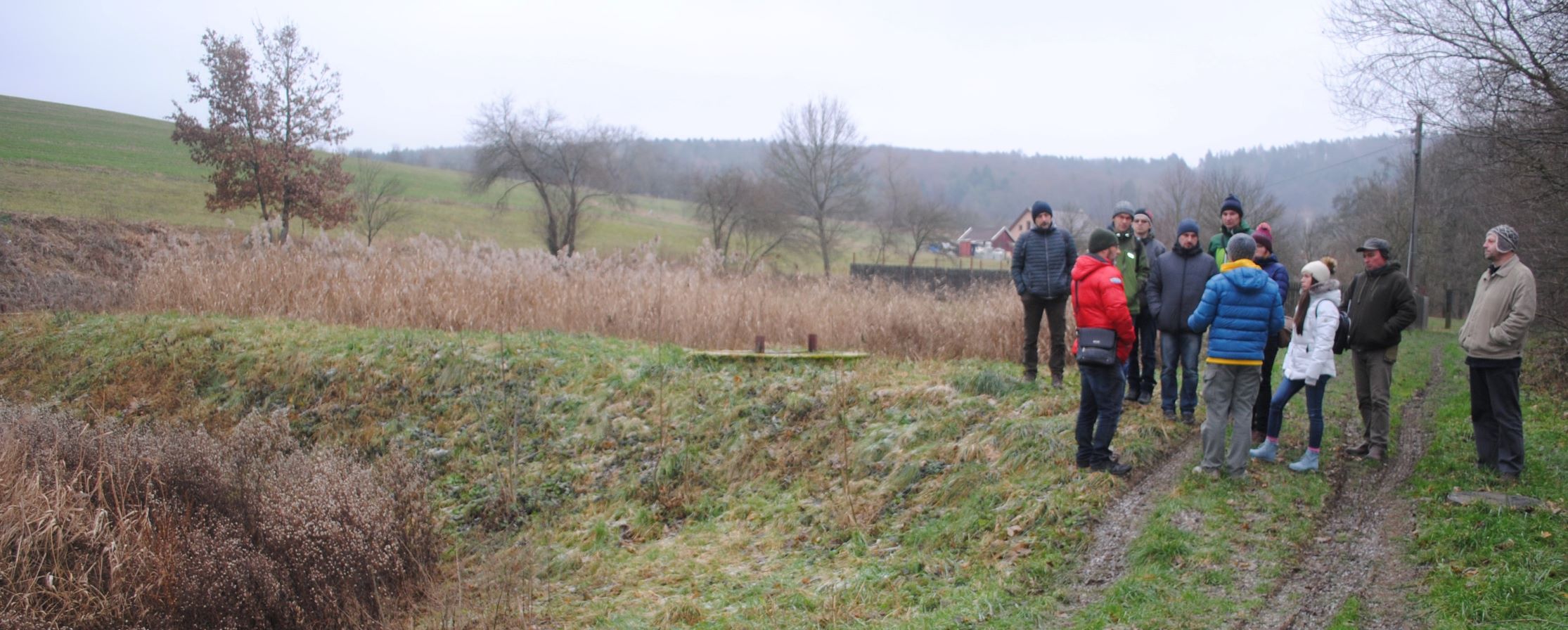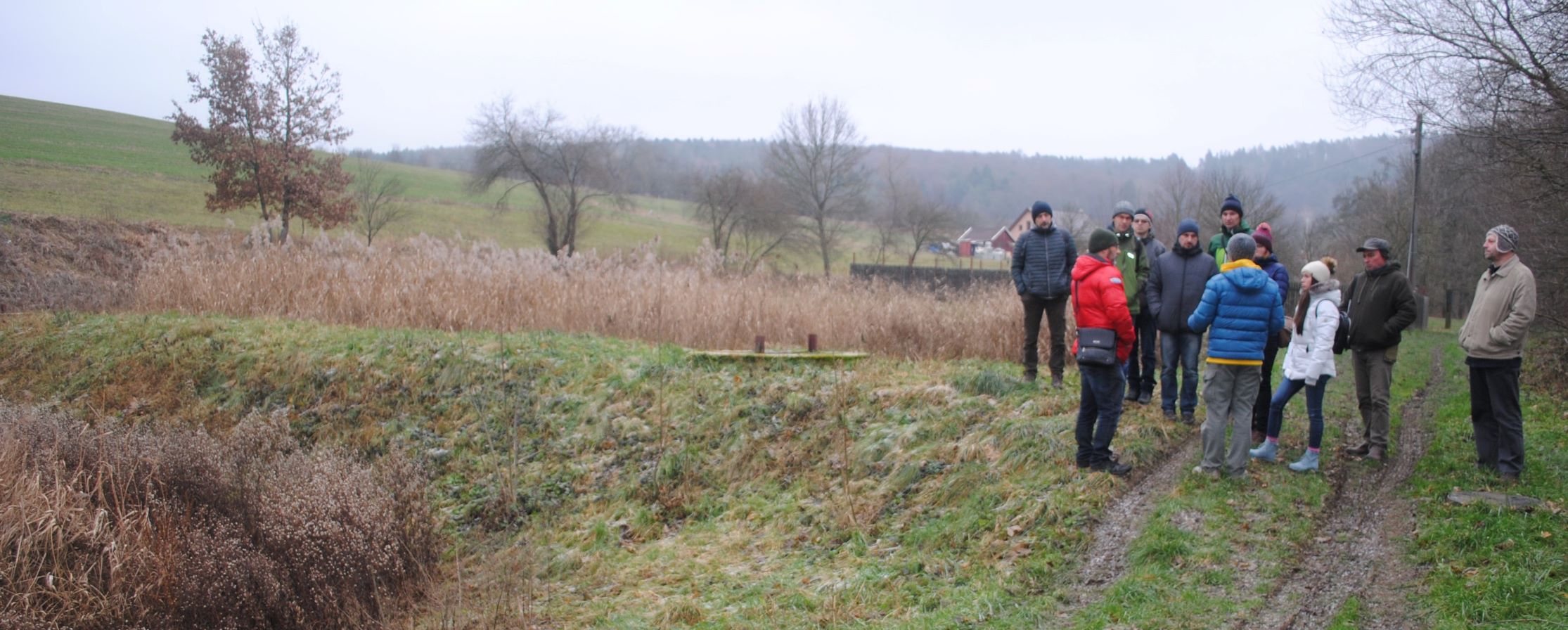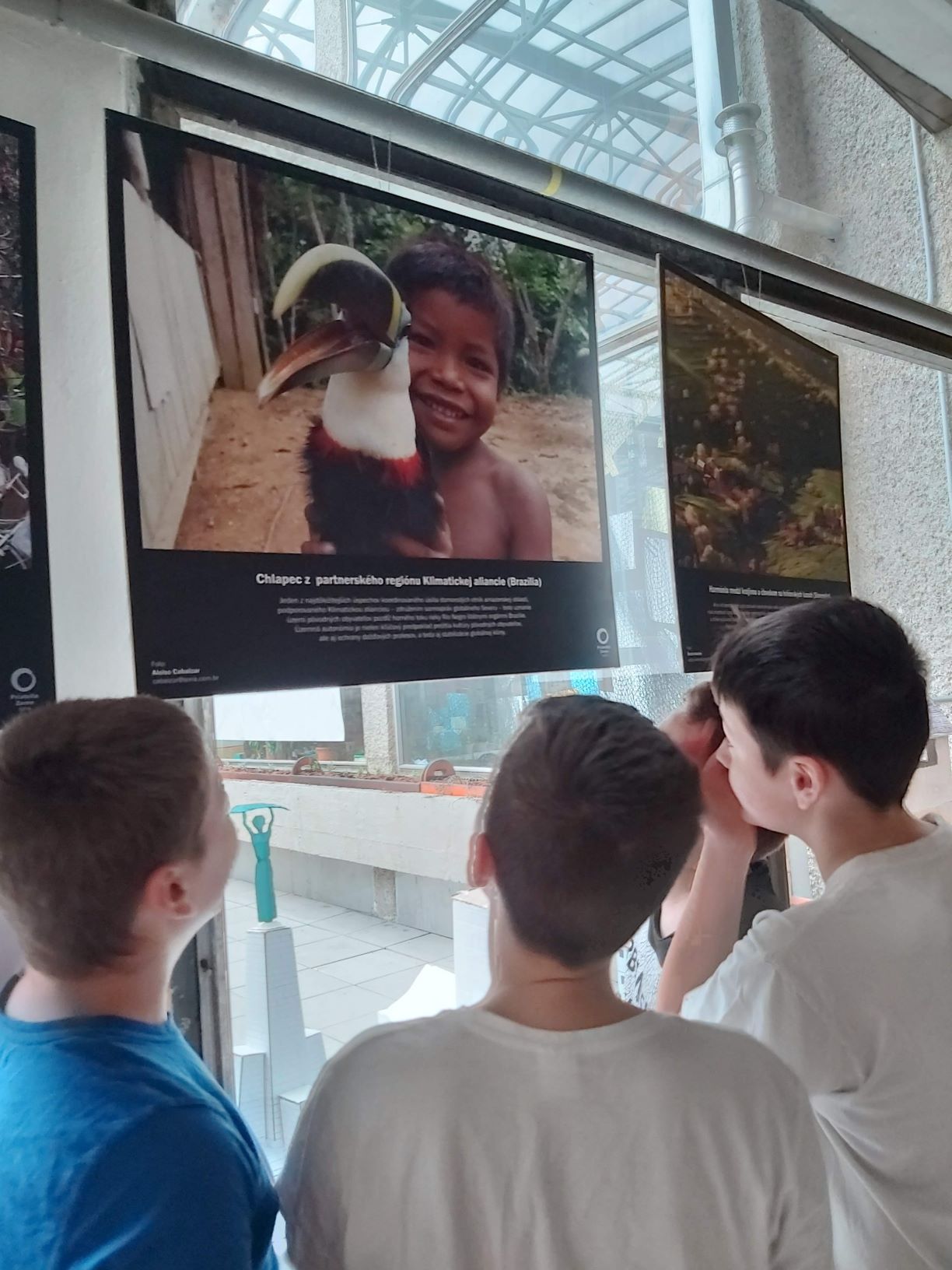Coordination Capacities for Sustainable Energy
The project is completed. The project wanted to increase the political and personal readiness of targeted regions for the adoption and implementation of a new regional sustainable energy policy.
Coal Phase-out Energy Policy Energy Transition and Climate-Neutral Buildings

Project info
Slovakia
10/19 - 03/22
Local governments, Regional governments, Educational institutions, Non-governmental organisations
71,794.00 €
Contact info
Helena Zamkovská
- Energiaklub Climate Policy Institute and Applied Communications Association (Energiaklub)
Project
The project targeted four areas: three marginalized districts of Slovakia, in which pilot Sustainable Energy Centres (SEC) were set up, and Upper Nitra, a coal region in transition.

It followed a three-fold objective: first to motivate key regional stakeholders to promote sustainable energy policy and to give a strong mandate to SEC, supported by introducing good energy practice examples from other countries to local stakeholders. Second, to prepare basic planning and implementation capacities related to a new sustainable energy policy by providing SECs personnel with diverse training and study tours. Third, to increase the potential for growing regional demand for a new sustainable energy policy by working with schools and training teachers on how to speak about climate change, its meaning, and its consequences to the students’ lives.

The project raised awareness for sustainable energy policy in the general public through public exhibitions and lectures that emphasize the link between climate change and the energy sector.
Background
The absence of consistent regional energy planning and no regional coordination capacities resulted in inefficient use of public funds and in weak transposition of EU climate and energy targets to the local level in Slovakia. A further result was the lack of inspiring and replicable examples of good local energy practice.
In 2018, pilot SEC were set up in three marginalized districts of Slovakia as a result of new state policies aimed at combatting regional disparities. SEC’s mission is to introduce low-carbon energy policy on the district level. The transforming coal region of Upper Nitra seeked to build a similar coordination infrastructure.
Since the SEC were completely new structures, they missed sufficient capacities, methodologies, knowledge, and political support. This project aimed to bridge this gap through a combination of measures, including trainings, awareness raising activities, and site visits.
The project held positive environmental, economical, and social impacts for the targeted area. Furthermore, it contributed to the mainstreaming of ambitious regional sustainable energy policy in Slovakia, to a faster transposition of the EU climate and energy targets to the regional level.
State of Results
- A study tour was conducted for staff of sustainable energy centers (SEC) in target areas in the Czech Republic. The study tour covered topics such as energy planning, smart buildings and energy education. For this purpose English materials were prepared, and 10 SEC coordination meetings, where SEC staff discussed progress in developing low-carbon strategies in the target districts under the guidance and support of the project team, were held.
- A series of 12 online field trips to locations of good energy practice were prepared and conducted by the project online with a total of 267 participants. All online field trips are available on the project’s YouTube channel.
- The project installed a climate justice exhibit that took place at 6 locations (4 high schools, 1 museum, and 1 library in the target regions) and was seen by a total of 21,463 visitors. It consisted of 44 large-scale original photos with descriptions from around the world, all related to the causes and consequences of climate change and its impact on nature and society. Later, an online film about the exhibition was created and presented to the public via online broadcast.
- 5 online trainings with the focus on climate change, forecasting, climate justice, and good practices for addressing major societal crises in the past science, were conducted in the target regions of the project. These were attended by 132 teachers and youth workers. All topics were presented in a way that could be applied in practice.
Last update: July 2024
